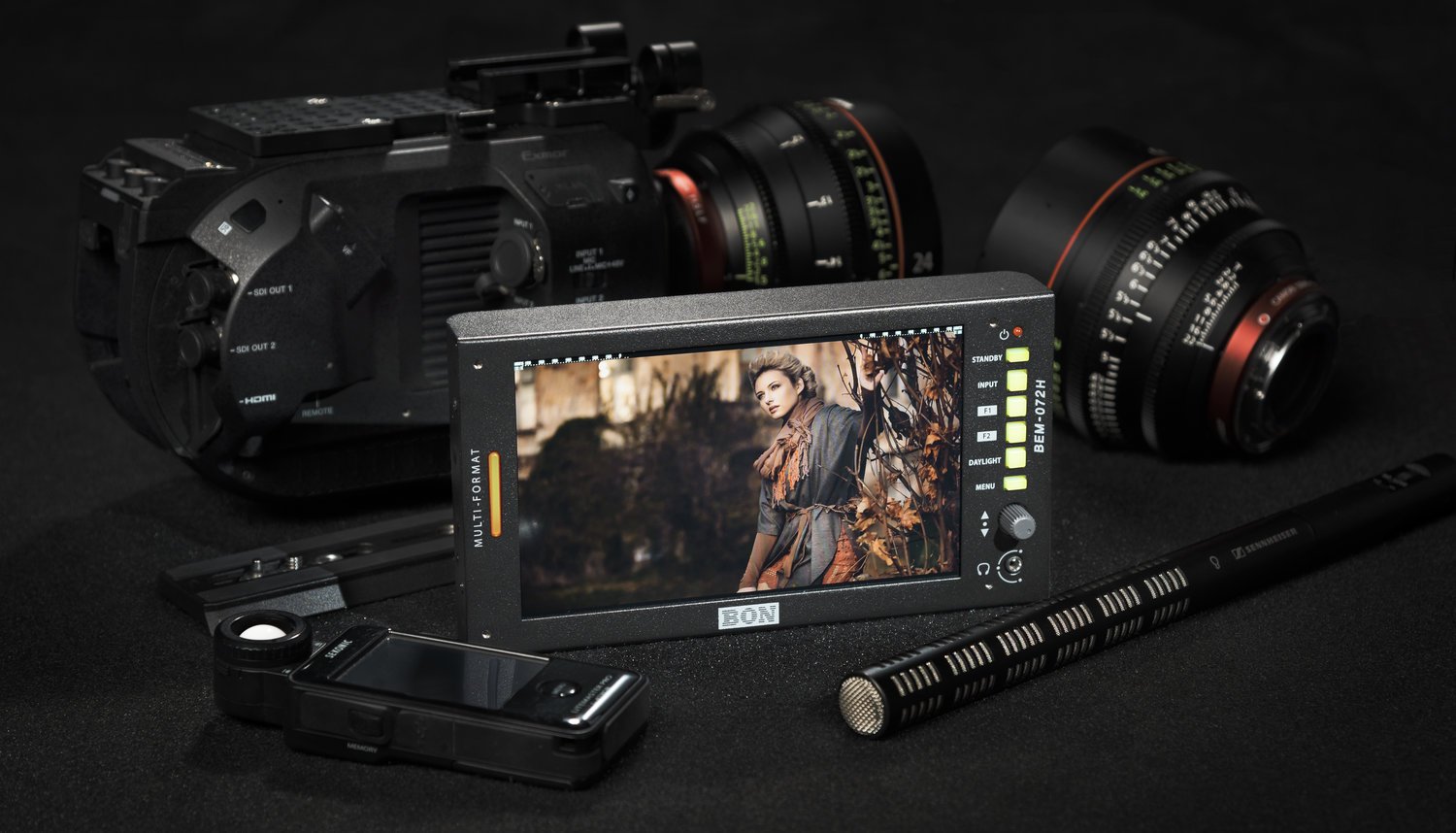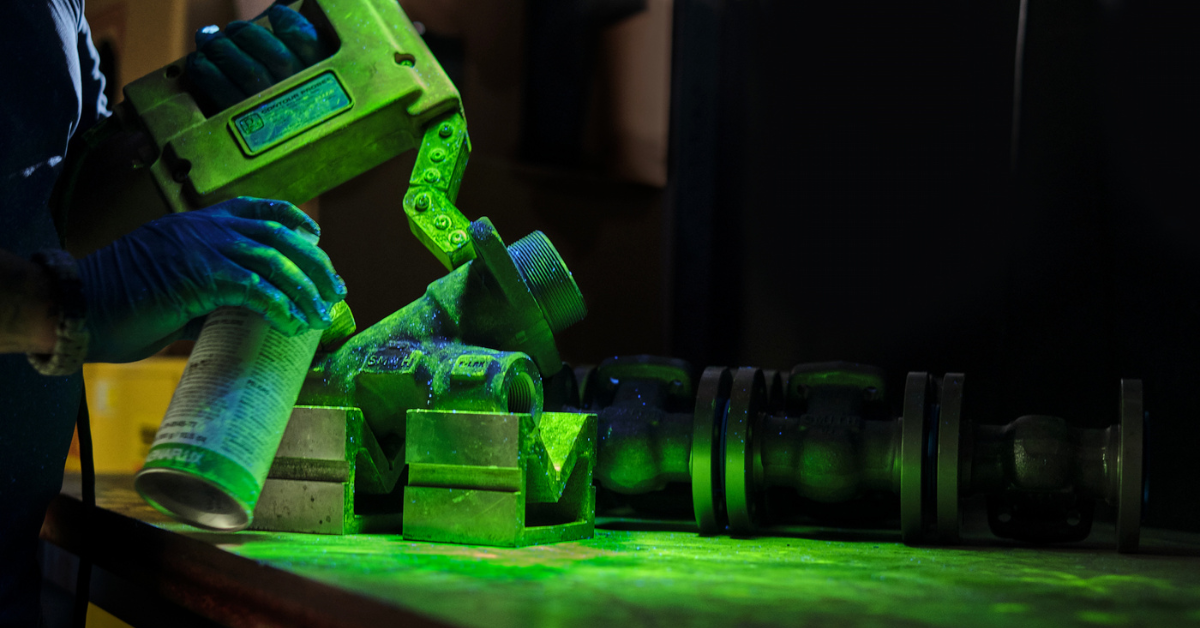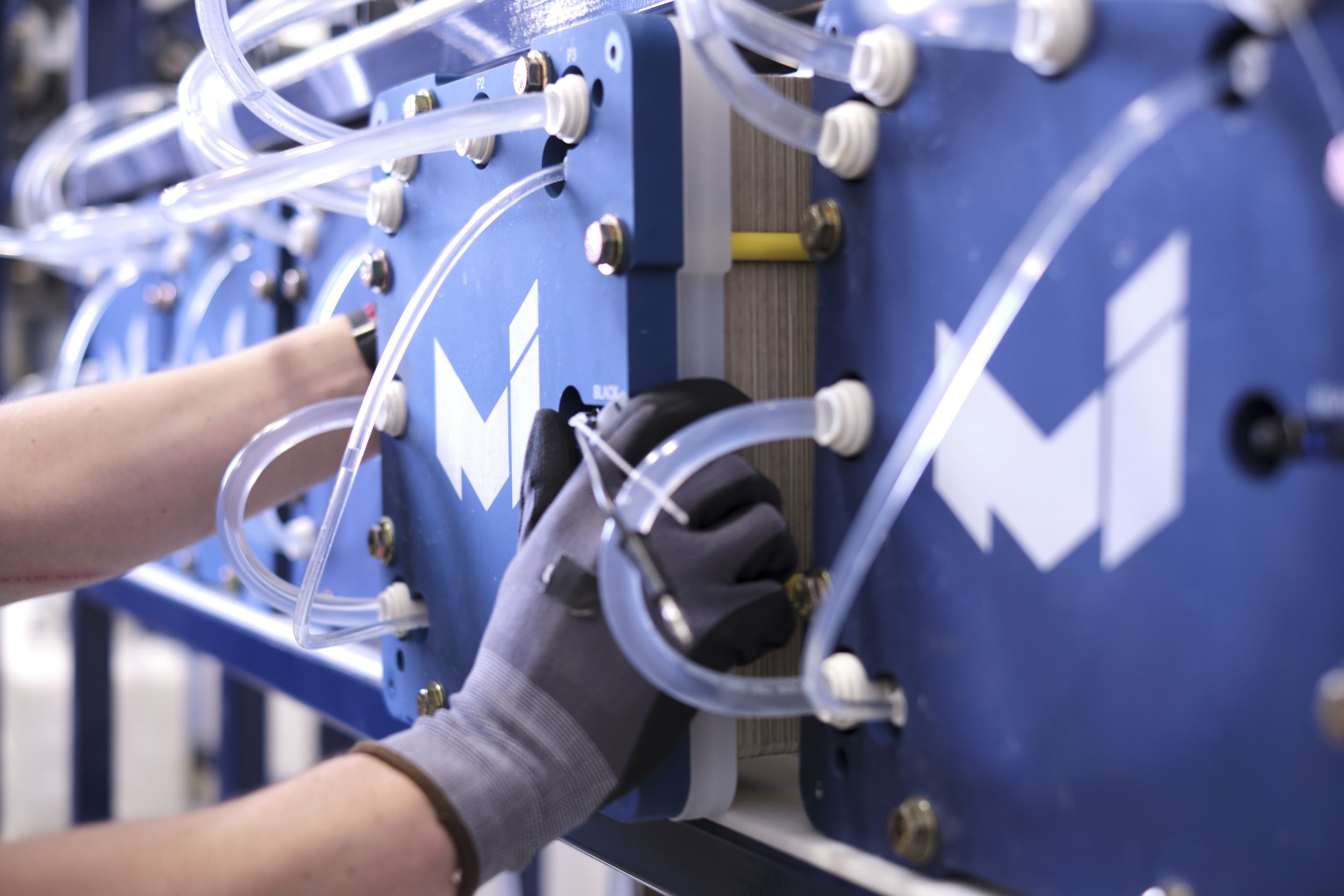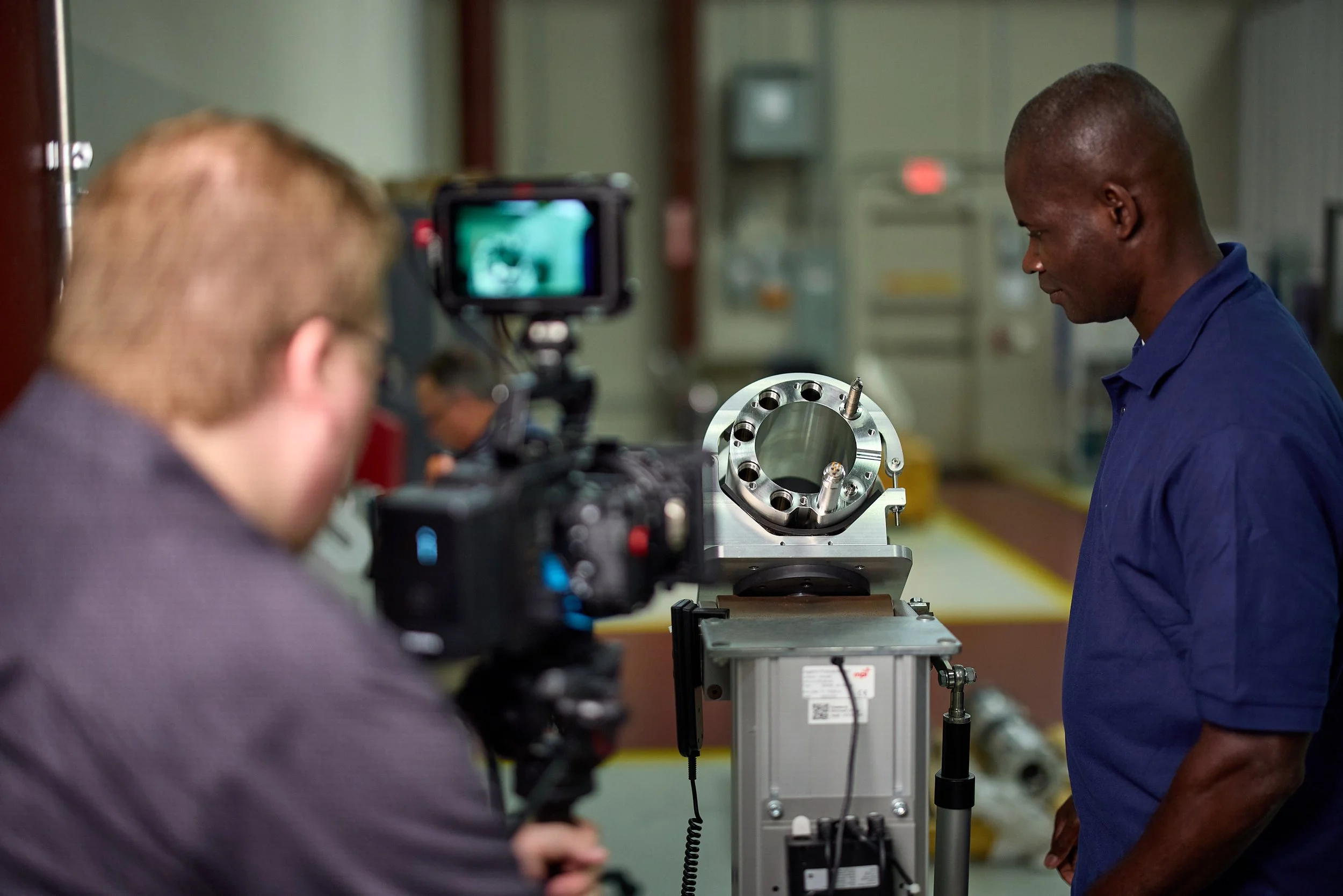Why Your Brand Needs More Than Just a ‘Good Camera’. It Needs a Visual Strategy
Great imagery may capture attention, but only a clear visual strategy sustains it and converts it into business outcomes. If you're a B2B company, especially in industrial sectors, your visual content must be more than just sharp and shiny—it needs to work. That means aligning your visuals with your marketing goals, sales funnel, and brand identity.
At Harp Visual Media, we’ve seen time and time again that the businesses winning in 2025 are the ones investing in visual strategy, not just production.
Pretty Footage Doesn’t Equal Business Results
We’ve heard it before:
| “We hired a guy with a great camera. The video looks cool… but it didn’t do anything.”
That’s because high-quality visuals without intention are just digital decoration. A proper visual strategy answers:
Who is this for?
What action do we want them to take?
Where does this fit into our sales cycle?
Strategic video and photo production turns viewers into buyers.
Why Brands Need Visual Strategy Now More Than Ever
If you're in manufacturing, energy, construction, or logistics, your audience isn't on Instagram looking for pretty pictures. They're in the field, in the boardroom, or on-site—making million-dollar decisions based on trust, capability, and clarity.
A visual strategy helps you:
Show the real process (not just stock footage).
Highlight safety, expertise, and innovation.
Streamline the buyer’s journey across platforms.























































Think Beyond a One-Off Video—Think Campaigns
Visuals should be part of your ongoing sales conversation, not a once-a-year project.
Here’s what that looks like:
Short social clips repurposed from long-form video
Consistent team photography for LinkedIn and proposals
On-site visuals that reflect operational excellence
Client testimonials and day-in-the-life videos for recruitment and trust-building
What This Looks Like in Practice
Imagine you’re preparing for a major industry trade show. Instead of creating a single highlight reel, you could build an entire package of visuals:
A facility walkthrough video that demonstrates your capabilities
Updated team portraits for LinkedIn and your booth displays
Product-focused clips for your website and social media
Short, shareable videos that sales can send directly to prospects
This approach ensures your investment in production keeps working long after the event ends.
Your Next Step: Audit Your Current Visuals
Ask yourself:
Do our photos and videos reflect our real capabilities?
Are we using visual content in our sales and onboarding processes?
Do we have content we can easily share across marketing and HR?
If not, it’s time to stop thinking “we need a video” and start asking “what’s our visual strategy?”
A good camera can capture attention.
A good visual strategy converts it.
If you're ready to turn your brand’s visuals into your best-performing asset, Harp Visual Media is here to help you build a custom strategy rooted in your goals—and backed by beautiful, effective content.




In today’s market, businesses need more than camera skills—they need a visual strategy aligned with brand goals and audience engagement. Effective content requires planning, storytelling, and marketing insight to create impactful visuals. The Harp Visual Media team ensures every shot supports a cohesive narrative that drives business growth.